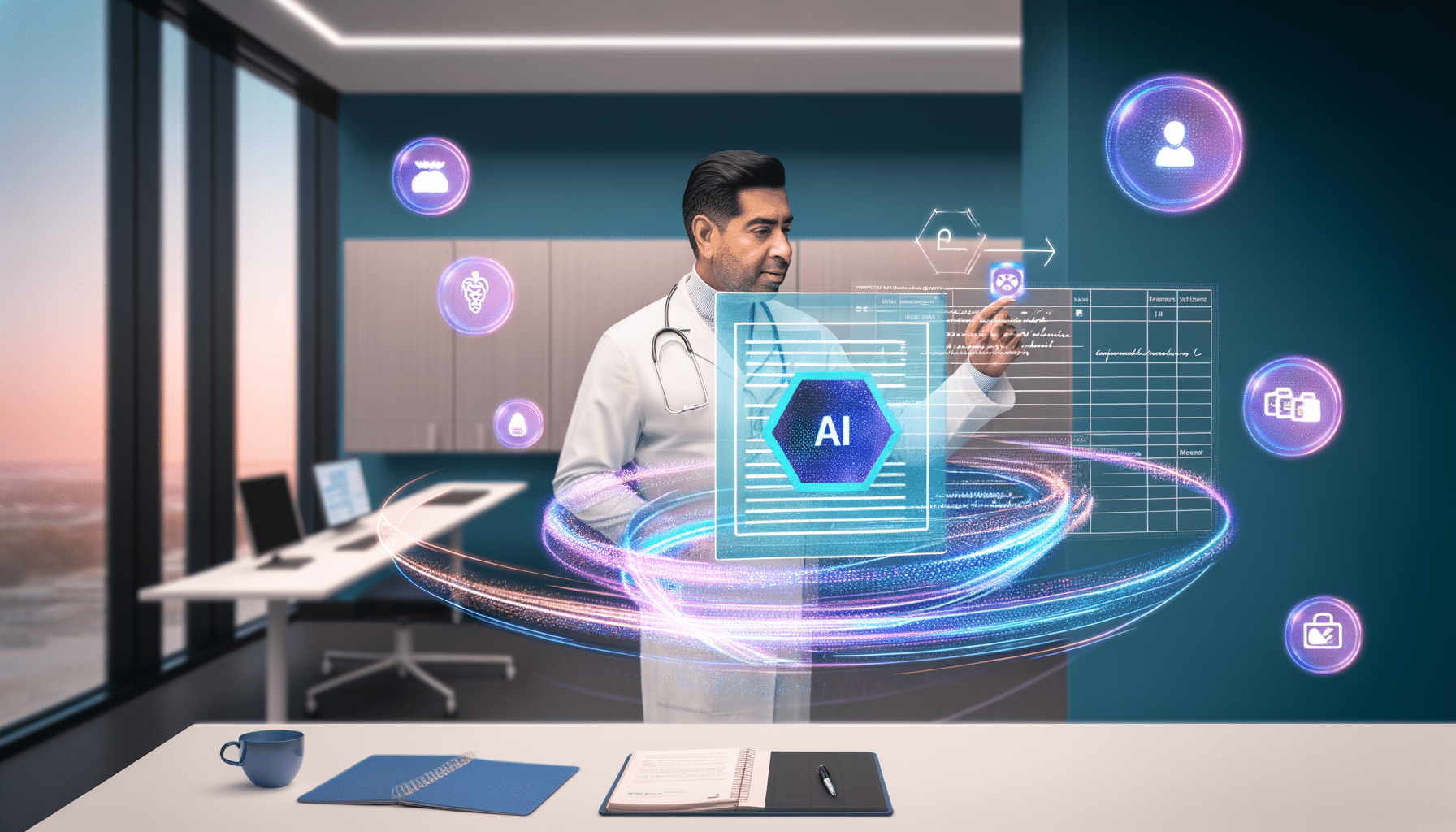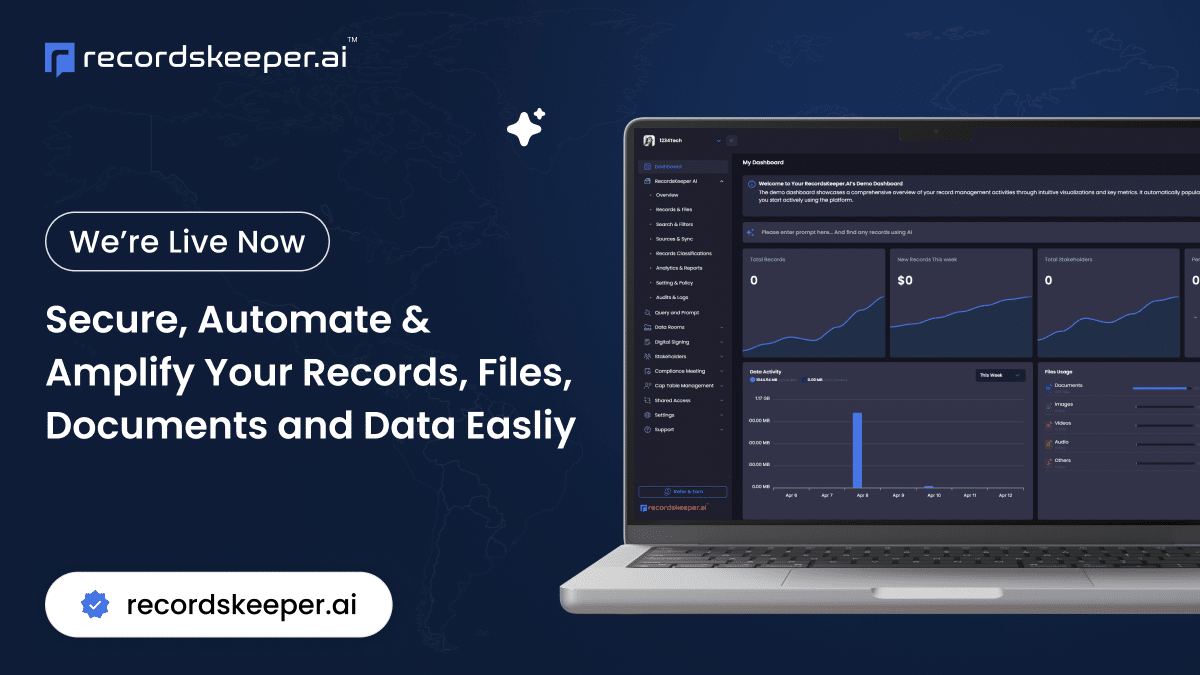Unlocking the Future of Medical Documentation with AI
The medical field is notorious for its abundant paperwork, an incessant task that weighs heavily on healthcare providers. As someone who’s been at the forefront of technological innovations, I understand this challenge deeply. The good news? AI medical note writers are emerging as a transformative solution, significantly reducing the documentation workload on physicians while maintaining the highest level of accuracy.
The Rise of AI-Powered Medical Notes
Wouldn’t it be extraordinary if technology could seamlessly handle the drudgery of paperwork? With AI-powered medical notes, this is no longer a distant dream but a rapidly evolving reality. These smart systems offer unprecedented efficiency by automatically generating accurate patient notes.
The backbone of this technology lies in **Natural Language Processing (NLP)** and **Machine Learning (ML)**, allowing software to understand, interpret, and produce human language. As AI continues to grow more sophisticated, so too does its ability to mimic the documentation styles of seasoned physicians. It processes vast amounts of data to ensure that the information it provides is both contextually appropriate and clinically precise.
How AI Medical Note Writers Save Time
Time is a precious commodity in healthcare, especially for physicians who juggle patient care with copious amounts of paperwork. Here’s how AI medical note writers save invaluable hours:
Precision and Accuracy in Documentation
Accuracy in medical documentation is non-negotiable. Here’s where AI shines, bringing a level of precision that’s hard to match, even for seasoned practitioners.
AI-powered medical note writers are designed to pick up on subtle nuances in medical dialogue, ensuring that the notes accurately reflect the patient’s condition and required treatment. With enhanced precision, the chances of misinterpretation are significantly reduced, ultimately improving patient outcomes and reducing potential liabilities for healthcare facilities.
Moreover, with AI’s ability to analyze vast pools of patient data, these systems continually learn and improve. This ongoing learning process ensures the notes remain compliant with the latest medical standards and regulations—another layer of accuracy that manual processes might struggle to maintain consistently.
Enhancing Physician-Patient Relationships
Interestingly, as AI takes on more of the documentation workload, physicians have more time to foster stronger relationships with their patients. Without the distraction of typing notes during consultations, doctors can devote their full attention to listening actively and engaging meaningfully. This not only enhances trust between doctors and patients but also significantly boosts job satisfaction among practitioners.
AI in Healthcare IT: A Future-Ready Solution
AI’s integration into medical documentation is one of the most exciting developments in Healthcare IT. Our systems are primed for scalability, meaning their utility extends from small private clinics to expansive hospital networks.
Investing in AI-powered medical note writers isn’t just about easing the burden today but future-proofing healthcare systems for tomorrow. As regulations still catch up to technology, these adaptive AI models ensure compliance with emerging data protection and patient privacy standards.
The Ethical Consideration
With great power comes great responsibility, and AI is no exception. Ensuring data security and patient confidentiality remains paramount. AI systems must be designed with stringent safeguards and ethical guidelines to protect patient information from misuse.
Transparency is vital—healthcare providers and patients alike must understand how AI is used, what data is being processed, and how they can opt out of certain features if desired.
Making the Leap: Is Your Practice Ready for AI?
As the founder of RecordsKeeper.AI, I’ve seen firsthand how AI can revolutionize industries. The healthcare sector is no different. Embracing AI medical note writers is about embracing a more efficient, precise, and compassionate future. It requires a clear vision, careful planning, and a commitment to continuous learning.
For health institutions, adapting to AI-powered solutions can seem daunting, but the advantages are immense. Improved documentation accuracy, streamlined workflows, and enhanced patient care are just the tip of the iceberg.
In conclusion, as we journey towards a more technologically advanced healthcare landscape, it’s clear that AI medical note writers are not merely tools but transformative agents of change. I invite every healthcare professional to consider this innovation—not just as an upgrade to their documentation processes but as a commitment to delivering superior patient care.
Stay connected with me for more insights on healthcare and AI advancements as we continue to redefine what’s possible in this exciting era of digital transformation.








